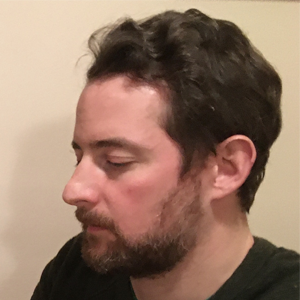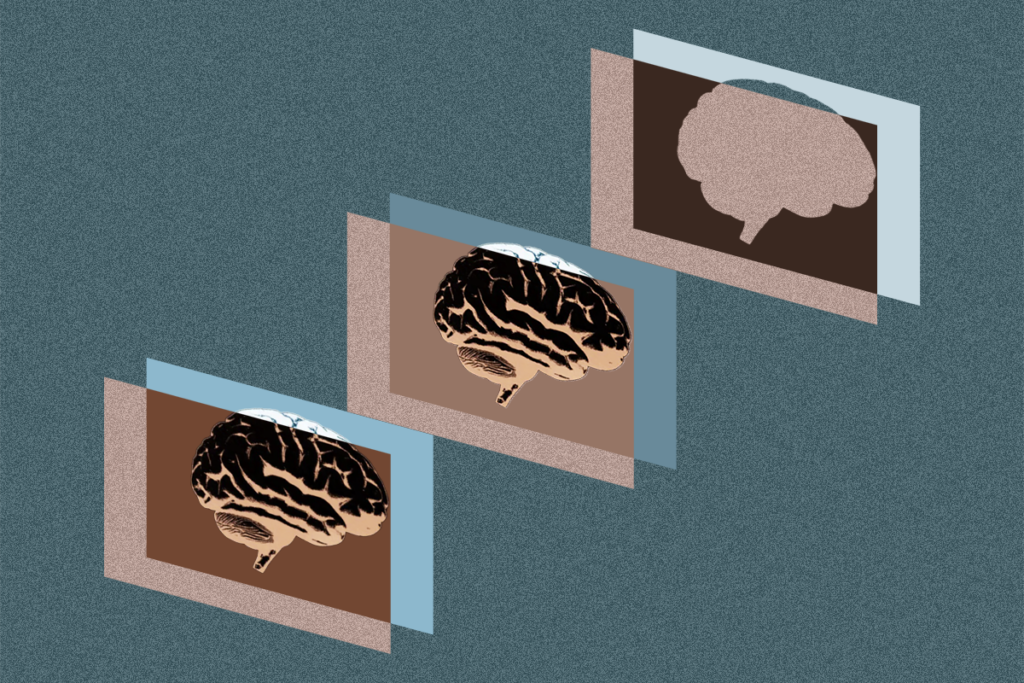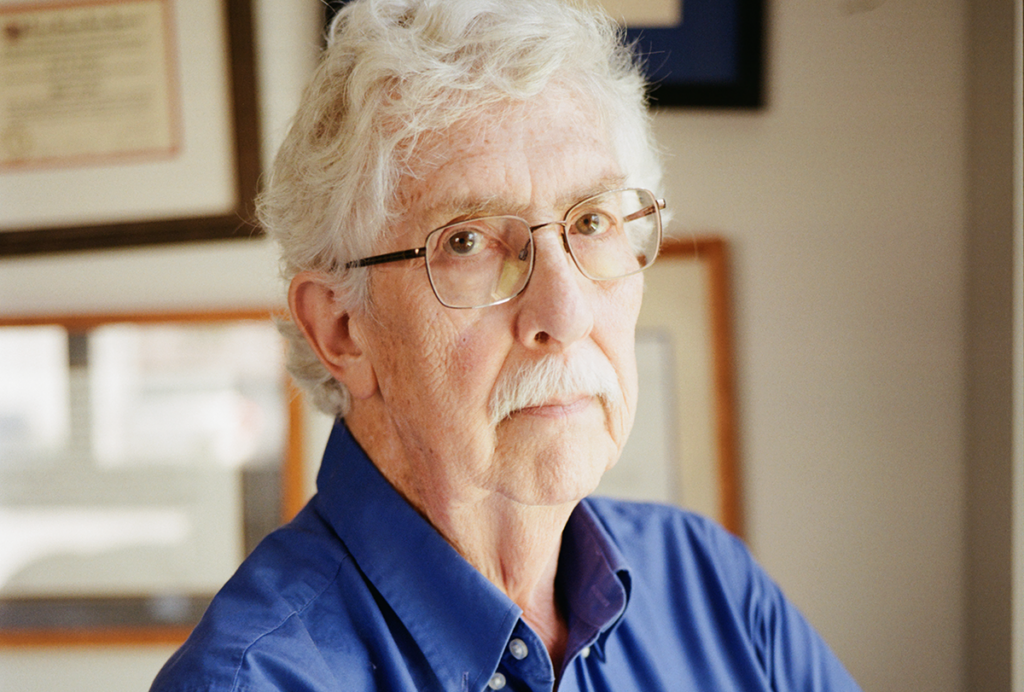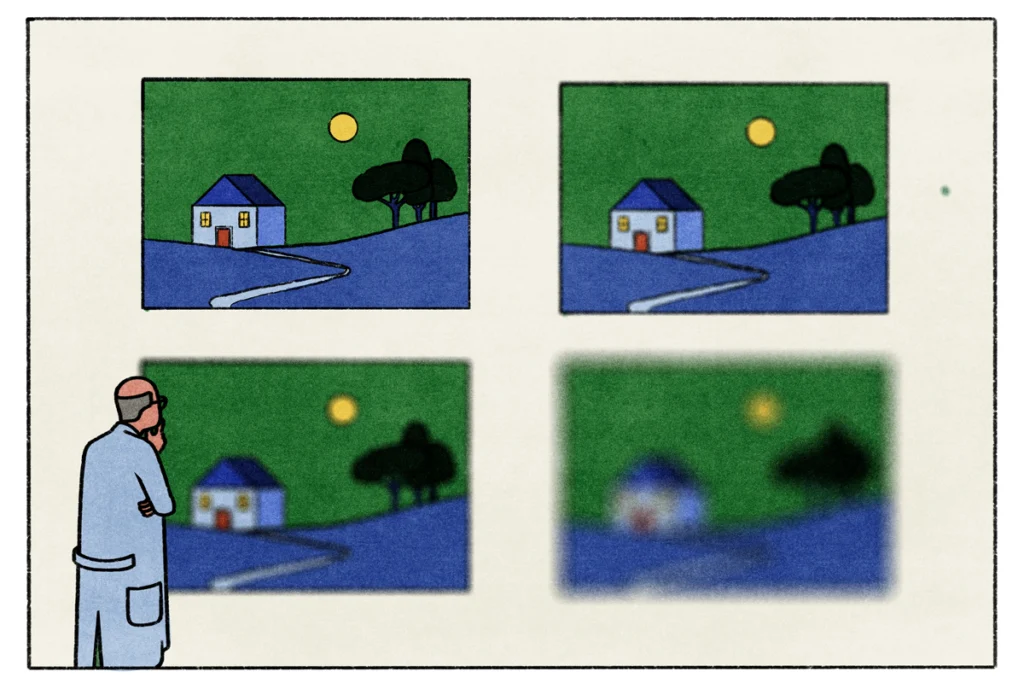Francis Fallon is associate professor of philosophy at St. John’s University in New York City. He is project director of Change Detection During Saccades, and a contributing member of the COGITATE Consortium. Both projects use empirical methods to test different theories’ competing predictions (“adversarial collaboration”) and are funded by the Templeton World Charity Foundation’s Accelerating Research on Consciousness initiative. He founded and co-directs the project Representation: Past, Present, and Future, supported by the Wellcome Trust Institutional Strategic Support Fund as part of Trinity College Dublin’s Neurohumanities program. He has published in PLOS One, Entropy, The Review of Philosophy and Psychology, Topoi and the International Journal of Philosophical Studies, among other journals. He also edited (with Gavin Hyman) “Agnosticism: Exploration in Religious and Philosophical Thought” (Oxford UP, 2020).

Francis T. Fallon
Associate professor of philosophy
St. John’s University
From this contributor
What are we talking about? Clarifying the fuzzy concept of representation in neuroscience and beyond
To foster discourse, scientists need to account for all the different ways they use the term “representation.”
Explore more from The Transmitter
Exclusive: Recruitment issues jeopardize ambitious plan for human brain atlas
A lack of six new brain donors may stop the project from meeting its goal to pair molecular and cellular data with the functional organization of the cortex.

Exclusive: Recruitment issues jeopardize ambitious plan for human brain atlas
A lack of six new brain donors may stop the project from meeting its goal to pair molecular and cellular data with the functional organization of the cortex.
How pragmatism and passion drive Fred Volkmar—even after retirement
Whether looking back at his career highlights or forward to his latest projects, the psychiatrist is committed to supporting autistic people at every age.

How pragmatism and passion drive Fred Volkmar—even after retirement
Whether looking back at his career highlights or forward to his latest projects, the psychiatrist is committed to supporting autistic people at every age.
The brain’s quiet conductor: How hidden cells fine-tune arousal
New research published today suggests that the pericoeruleus acts as a kind of micromanager of arousal, selectively inhibiting different subgroups of locus coeruleus neurons depending on the behavioral context.
The brain’s quiet conductor: How hidden cells fine-tune arousal
New research published today suggests that the pericoeruleus acts as a kind of micromanager of arousal, selectively inhibiting different subgroups of locus coeruleus neurons depending on the behavioral context.
